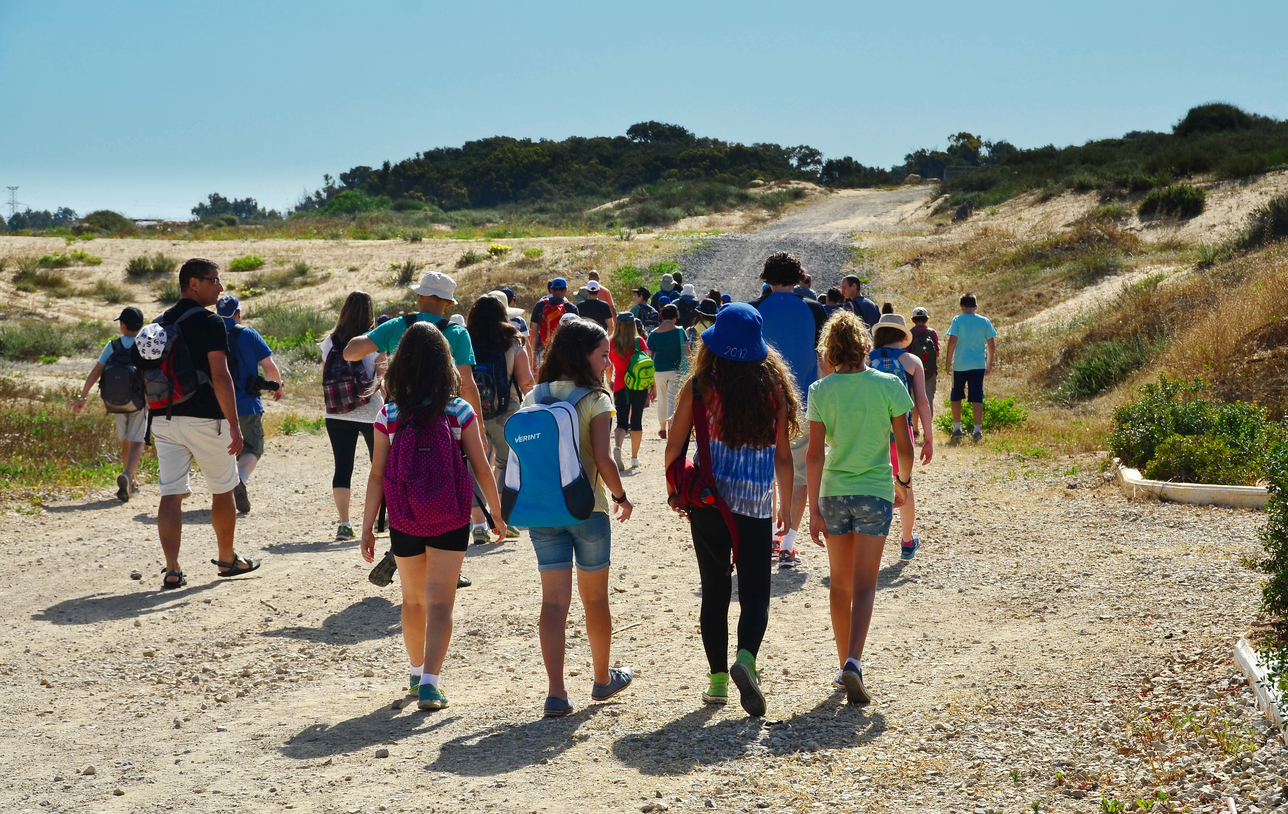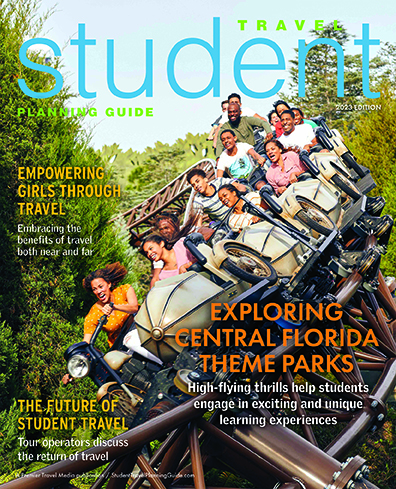Field trips are often some of the most anticipated days of the school year for students, but can sometimes be a source of anxiety for teachers and organizers. Plan a better field trip for everyone by employing parent chaperones and watch your hectic day transform into an unforgettable experience not only for students, but for any adults who tag along for the ride.
Recruiting
Start recruiting early – most parents’ schedules are busy, especially during the week. For those who have trouble finding enough chaperones, your short-notice requests may be the culprit. Sending out a mass email or letter home with students with the date of the field trip far in advance allows parents to take off work and plan accordingly (and forces you to start organizing ahead of time). To encourage parent participation, describe what the trip entails in detail as well as exactly what is expected of chaperones. Highlight the educational and recreational benefits of the event and how the parents can be directly involved in their child’s learning – parents are more likely to sign up to be a chaperone if they realize that their presence will make a positive impact on their child’s experience.

Chaperone Selection
Once you have a slew of willing parents, it’s time to pick your roster. When choosing chaperones, the most important piece of advice to remember is that you shouldn’t worry about hurting feelings. Parent chaperone choices should be based on which individuals would make the best chaperone – not which parent emails you the most or the nicest parent of the bunch. The safety of the group and the logistics of the trip should be the top priority, so the most responsible parents are the best choices as well as the parents who maintain a positive attitude no matter the situation. If all willing chaperones are equally qualified, picking names out of a hat is the best method.
Student/Chaperone Groups
When organizing students and parents, make sure to keep groups as small as possible. Even the most organized of chaperones can feel a little overwhelmed with a herd of children to look after, especially if the field trip venue is large and crowded. Ease parents’ worries and make it easier on everyone by keeping groups to under 10 students per chaperone. Also, be sure to assign parent chaperones to groups with their child – this may seem obvious, but parent chaperones should lead groups that include their own child to make the day more fun for them both. Not to mention, children are more likely to behave when their parents are around. Within groups, assign student partners to increase students’ accountability and minimize the chance of losing someone along the way. When taking attendance throughout the day, ask students to give their partner a high-five – that way, a child’s absence is more likely to be noticed.
Preparation
Make sure your chaperones are dressed ap-propriately for the trip and remind them to arrive with all the necessary field trip essentials (includ-ing a lunch, if not provided). Make sure you print out the schedule/itinerary for the day, as well as any maps or directions that chaperones may need. If the students are required to complete an assignment during the field trip, provide your chap-erones with that homework and encourage them to assist students if needed. Most importantly, pro-vide your chaperones with your contact informa-tion in case of emergency. Chaperones should also write down a short description of each child –jotting down the students’ names, their hair color, and color of their clothing will help chaperones keep an eye on each child and better track down a lost student.

During the Trip
Doing anything with a large group of kids is going to be stressful and draining. Throughout the excursion, remind your chaperones to stay positive and expect to be thrown a few curveballs. Make sure to tell your chaperones how much you appreciate their time and support. After all, they’re giving up their days to help your event run smoothly, and they should enjoy themselves, too! Make chaperones feel more welcome by introducing the chaperones to each other and encouraging parent involvement once you reach your field trip destination – parents should not be bystanders.
After the Trip
Once the field trip has ended, be sure to properly thank your chaperones. Send a thank-you note home with their child within a week after the outing along with any photos that were taken. If time allows, ask each student to write a letter thanking their group’s chaperone leader and describing their favorite memories from the day. Thoroughly thanking each parent chaperone ensures that they don’t feel like mere babysitters; chaperoning should be more than just herding students around, it should be a way for parents to connect with their child’s education and experience the interactive learning from which their child benefits.
Although field trips can be taxing on both organizers and chaperones, the work is rewarded with increased interest among students and increased participation among parents. School can often isolate children from their parents, especially as students make the transition to high school and college. When parent chaperoning is done right, it can lead to a better-run event, happier students and stronger bonds between parents and their children.






